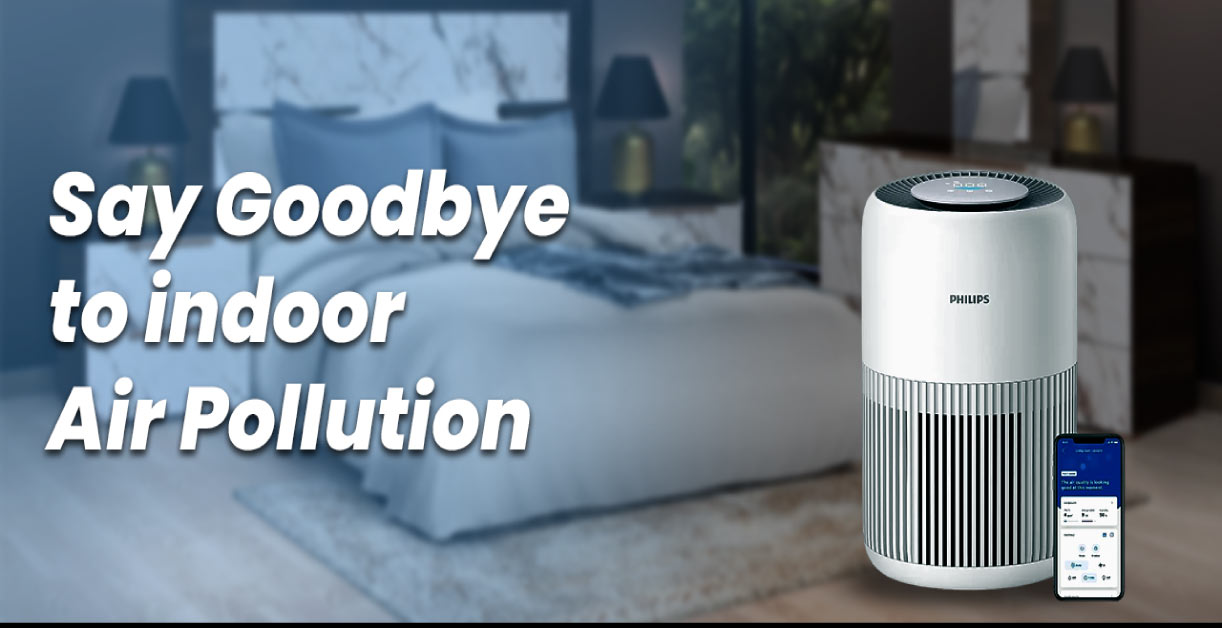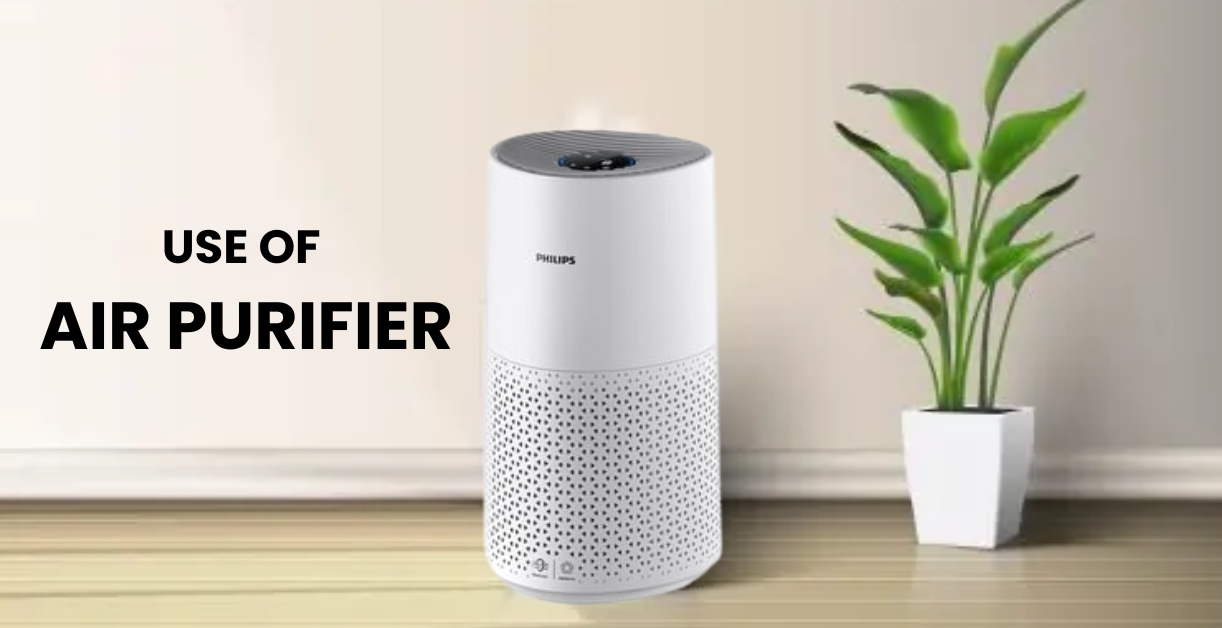Air quality is crucial to maintaining a healthy living environment, as pollutants in the air can lead to various health issues. Whether you’re dealing with allergies or asthma, or simply want cleaner air, air purifiers with HEPA filtration technology are an excellent solution. In this article, we will explain how HEPA Air filter removes pollutants from the air, the different types of pollutants they capture, and the benefits they provide.
Understanding
A HEPA filter is a highly efficient air filtration system designed to trap microscopic particles that pass through it. These filters are made from a dense mesh of fibres that capture a wide range of pollutants. HEPA filters are recognized for their ability to trap at least 99.97% of particles as small as 0.3 microns in size. This makes them one of the most effective air filtration technologies for improving indoor air quality.
How Do HEPA Air Filters Work?
The filters function through several mechanisms that help capture and remove harmful particles from the air. The process involves several methods of trapping particles:
1. Interception
Larger particles that come close to the filter fibres are caught through interception. This process works particularly well for particles that are slightly larger than the pores of the filter.
2. Impaction
In this mechanism, larger particles are too heavy to continue moving with the airflow. They collide with the fibres and become trapped. This is especially effective for catching pollen, mould spores, and dust particles, which are typically larger.
3. Diffusion
Smaller particles, such as viruses and bacteria, don’t travel in a straight line. Instead, they move erratically due to their small size and low mass. As air passes through the filter, these particles collide with air molecules, slowing them down. This increase in travel time makes it easier for the filter fibres to capture them.

Air purifier with HEPA Air Filter
What Pollutants Can Remove?
HEPA filters are capable of removing a broad range of pollutants, from dust to harmful pathogens. Here are some of the most common pollutants that these filters help eliminate:
Dust and Dirt
Dust is one of the most common indoor air pollutants, and it can trigger allergies or respiratory issues in sensitive individuals. HEPA filters capture these particles, preventing them from circulating through the air and settling on furniture, floors, and other surfaces. This reduces the overall dust accumulation in your home or office.
Pollen
Pollen is a major allergen, especially during the spring and summer months. These microscopic particles can easily make their way indoors, triggering allergic reactions. Air purifiers are highly effective at capturing pollen particles, keeping your indoor air allergen-free and providing relief to those suffering from seasonal allergies.
Pet Dander
For pet owners, dander is a common indoor allergen. The tiny flakes of skin shed by pets can easily become airborne and irritate. HEPA filters are designed to trap these small particles, helping to reduce the amount of pet-related allergens in the air.
Mold Spores
Mold spores are another common indoor pollutant that can lead to respiratory issues. These spores can trigger allergic reactions and worsen conditions like asthma. A HEPA air purifier can help trap mould spores, preventing them from spreading throughout your home or office and improving indoor air quality.
Smoke and Odors
While HEPA filters at Lahore Centre are excellent at trapping solid particles, many modern air purifiers combine them with additional filtration technologies to address odours and gases. Activated carbon filters, for example, can absorb smoke and other unpleasant odours, making them ideal for homes or offices where cigarette smoke or cooking odours are a concern.
Bacteria and Viruses
HEPA filters can capture microscopic particles, including bacteria and viruses. While these pathogens are small, the high efficiency of HEPA filters allows them to trap them and prevent them from circulating in the air. This makes HEPA filtration technology an important tool for improving the hygiene of spaces like hospitals, clinics, and kitchens.
Benefits
Using a HEPA filter comes with a variety of health and environmental benefits. These advantages make HEPA air filtration an essential part of many households, offices, and medical facilities.
1. Improved Respiratory Health
2. Cleaner Air and Environment
3. Better Sleep Quality
4. Reduced Allergy Symptoms
5. Enhanced Focus and Productivity
Conclusion
HEPA filters offer a highly effective solution for removing a wide range of airborne pollutants, from allergens and dust to bacteria and viruses. With cleaner air, HEPA filters provide numerous health benefits, including improved respiratory health, reduced allergy symptoms, and a more comfortable environment. For those in Pakistan looking to invest in a quality air purifier, Lahore Centre offers a variety of options, including reliable Philips air purifiers. Explore the latest Philips air purifier price in Pakistan at Lahore Centre and take the first step towards creating a healthier, fresher indoor space.







